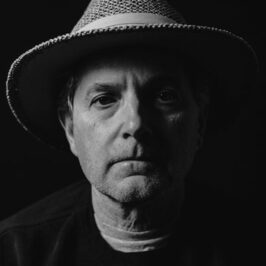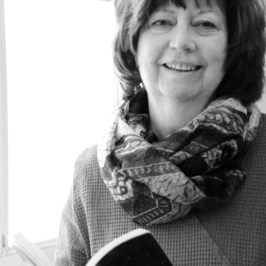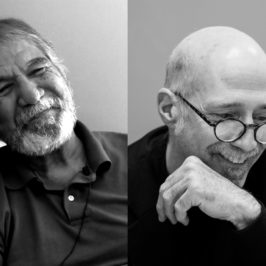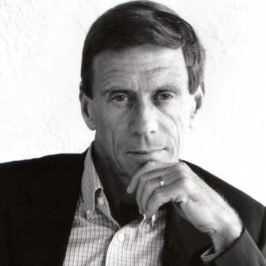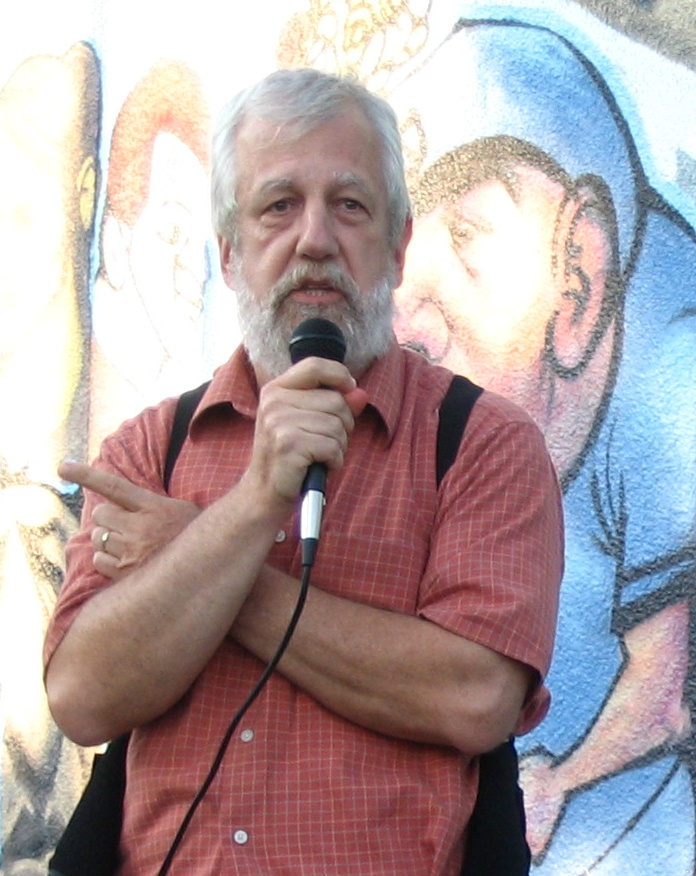
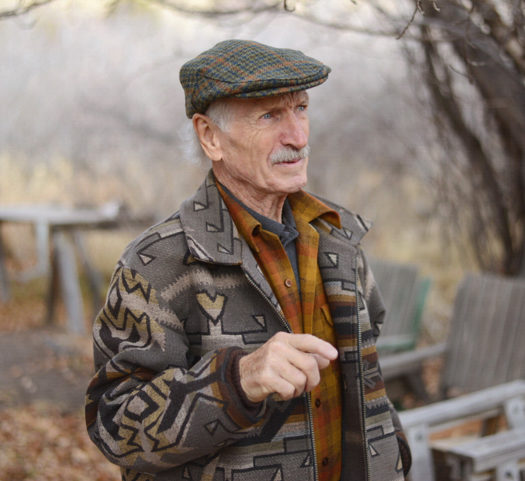
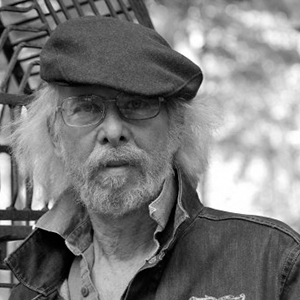
Its impact, with poems by Patrick Hansel, James McGrath and Kaz Sussman.
6 minutes
TRANSCRIPT
Just when we thought we could start to let our emotional guard down after a couple years of defending ourselves and our country in the war against Covid, we’re having to live with the reality of yet another war, this time standing by pretty helplessly, watching Ukraine defend itself against Russian invaders. For many of us, it brings back memories of our own experiences with war or of our older relatives’ experiences in WWII or Korea.
On this episode of Burning Bright, three pieces about war.
Patrick Hansel said that when his father was an anti-aircraft gunner in WWII there wasn’t a lot of fancy equipment for sighting the target. He said he imagined this scene in December, 1944, when the German army was retreating but more desperate in counter attack.
A Silence
It was luck, mostly, wasn’t it?
The long guns pointed at the terrible
wings, those roaring sores on the skin of the sky.
No GPS, no heat-seeking sensor
to deliver your payload; just
eyes, training, the kind of guesses
one makes when death is a series
of commandments.
They named it “ack-ack” –
To the Germans, a bad pronunciation
of “Oh my!” to the Americans, the sound
a cartoon bird might make – Ack! Ack! –
or a chicken with its head cut off,
racing around the barnyard,
running in no direction
except away.
Every soldier goes to war with a promise
of bone. Sheathe, medulla, marrow.
You look at the enemy as a wound
that has no healing in it, a punctuation
mark needing its own sentence.
Even from the ground, the faces
seem familiar, the closing of the eyes,
the hidden fever.
After the firing ends, there is a silence,
not for the boys who are dying, but for
those left behind, those who will scrape
bodies from cockpits, round up the blood
drowned prisoners, tell stories in their sleep.
In the morning there will be rest,
cigarettes, chow. The sergeant
will hold his hand up to his cap
to block out the sun, a country boy
private will fumble through his stack
of letters, looking for a missing word.
Patrick Hansel’ poem “A Silence” from Passager Issue 61.
2015 Passager Poet James McGrath has had various government related jobs in east Asia, the Middle East, and Africa, as well as in Native American communities. He said those experiences have had a big influence on his poetic response to the world’s violence. Here’s his poem “Guns Guns Guns.”
They broke down our door.
They never knocked.
They yelled words we never heard before.
They never knocked.
They wore metal helmets and carried guns.
They never knocked.
They rushed into the room.
They broke our jar of drinking water.
They tore open our cushions and pillows.
They screamed GUNS GUNS GUNS.
They never knocked.
They tore the curtains to the room
where our children were crying.
They never knocked.
They tore blankets from our childrens’ beds.
They screamed GUNS GUNS GUNS.
They tore clothes from my husband,
made him naked.
They screamed GUNS GUNS GUNS.
They tore up our rugs,
They pulled our grandmother’s picture from the wall
They screamed GUNS GUNS GUNS.
They never left.
They never left.
They never left.
James McGrath’s poem “Guns Guns Guns” from Issue 59.
Kaz Sussman said he’s a carpenter “living in a home I built from abandoned poems.” He said he wrote this next poem in response to the horrific shootings across the country that have taken our children, and that continue to do so.
The Calligraphy of Ballistics
The calligraphy of ballistics
illuminates the cursive informality
of death, illuminates the path
that follows the spark
of this stylus that can leap
from an unstable hand.
The long silence of impact
balances on its leaden tongue
the hearts of mothers
who have twice carried
their children, who whisper
now to their shadows,
to the turned earth below
the stones, inscribed
and newly planted.
“The Calligraphy of Ballistics,” Kaz Sussman, from Passager Issue 58.
We at Passager, along with so many Americans, hope that Russia’s invasion of Ukraine will end soon. And we also know that the damage already inflicted will take generations to get past.
To subscribe to, or learn more about Passager and its commitment to writers over 50, go to passagerbooks.com.
You can download Burning Bright from Spotify, Apple and Google Podcasts, Audible, and a host of other podcast apps.
For Kendra, Mary, Christine, Rosanne, and the rest of the Passager staff, I’m Jon Shorr.
Due to the limitations of online publishing, poems may not appear in their original formatting.


